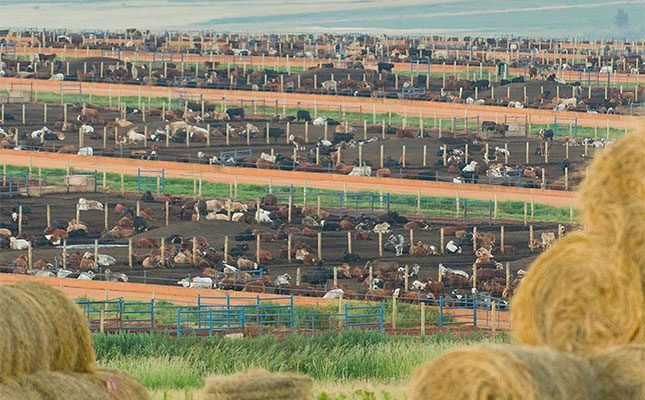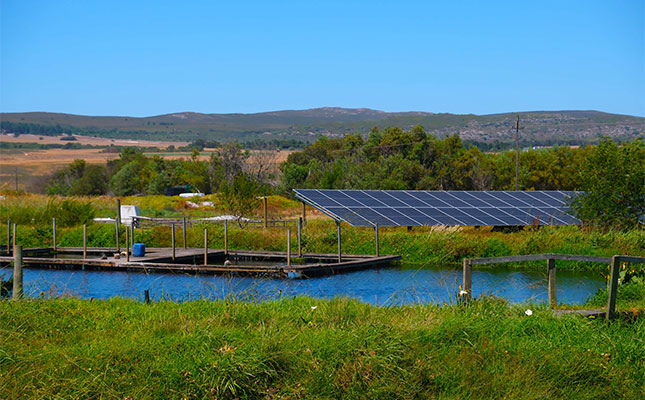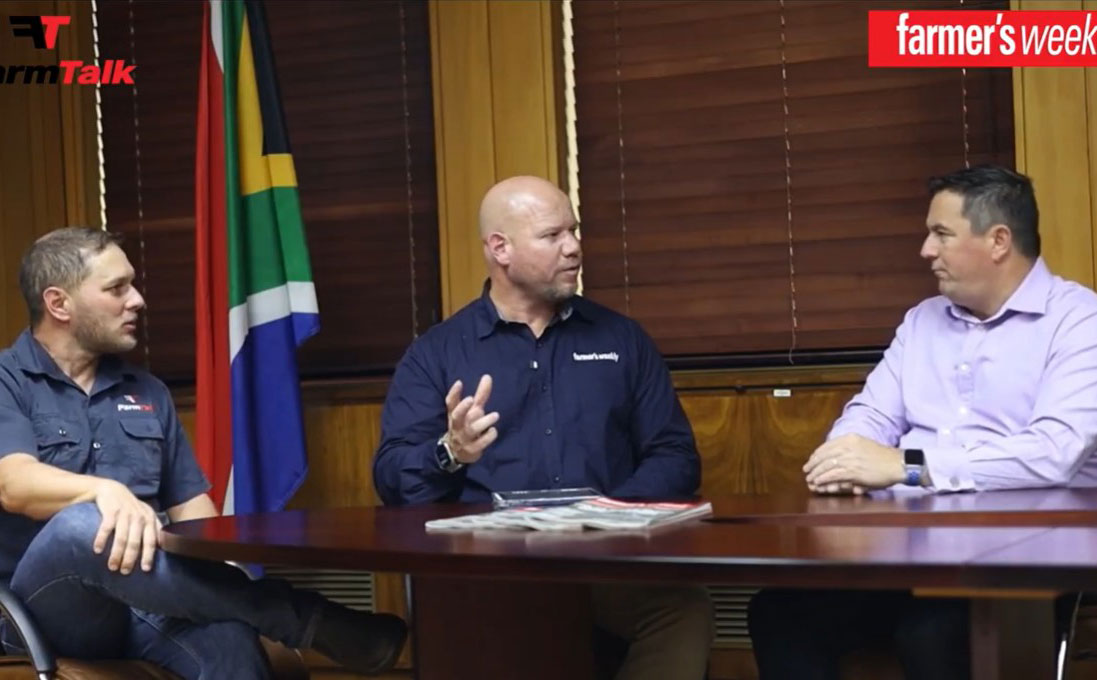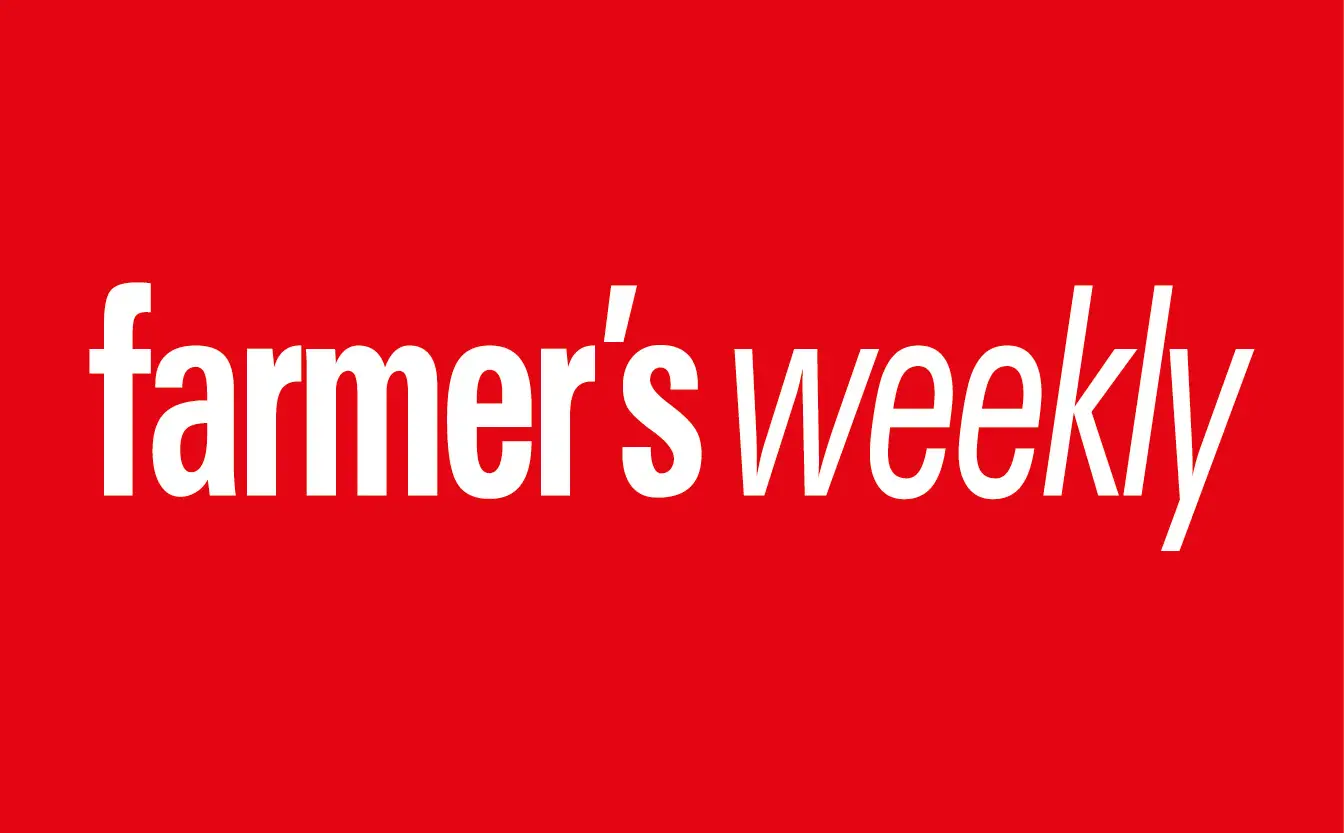
According to Dr Dirk Verwoerd, head feedlot veterinarian at Karan Beef, the company was taking a cautious, phased approach to resuming operations, in line with international safety protocols and national veterinary directives.
READ Karan Beef suspends cattle intake after FMD outbreak at feedlot
“The process is highly controlled and follows a phased schedule. After vaccination [against FMD], a 14-day monitoring period [for the cattle] is enforced to ensure there are no signs of active infection,” he told Farmer’s Weekly.
“Once clearance is granted, slaughter may begin at an approved abattoir. For the first four weeks after this period, all carcasses must be deboned, and bones and fifth quarters must either be processed at the by-products facility or disposed of, resulting in financial losses. Only from day 42 onwards may sides and fifth quarters be marketed, although heads and feet must still be discarded.”
Initially, Karan Beef will only supply deboned beef cuts to the market.
“This cautious approach is due to international safety protocols that require any tissue where the pH cannot reliably drop below 6 – the level at which the [FMD] virus is neutralised – to be considered a risk for up to twice the 14-day incubation period, as recognised by the WOAH (World Organisation for Animal Health],” Verwoerd added.
The outbreak at Karan Beef, which began in early June at its Heidelberg facility and later spread to Nigel and Albert Falls, resulted in approximately 160 000 cattle being placed under quarantine.
Operations came to a standstill, severely affecting the supply chain and costing the company hundreds of millions of rands in lost revenue.
Despite the enormous financial impact, Karan Beef continued paying all staff salaries and running costs and did not retrench any employees.
“We kept our full staff complement throughout the crisis, even while not generating any income and feeding thousands of cattle,” according to Verwoerd. “It was the right thing to do for our people.”
READ Steenhuisen leads visit to Karan Beef feedlot as FMD battle intensifies
The resumption of the company’s operations marks a turning point for South Africa’s red meat industry, which has been grappling with halted cattle movement, suspended exports, and growing concerns over food security.
According to Verwoerd, the company continues to work closely with provincial and national veterinary authorities as it seeks to fully restore operations and confidence across the red meat value chain.
Meanwhile, new FMD infections continue to emerge, with the latest confirmed outbreak occurring on a farm near Nigel in the East Rand of Gauteng.
This location has been officially listed as an active unit on the Red Meat Industry Services (RMIS) website, which forms part of the RMIS operations centre tasked with monitoring and updating FMD incidents.
According to RMIS, suspected cases were also under investigation in Pretoria, Gauteng, and Ventersdorp, Vergeleë, and Orkney in North West.
Stakeholders are encouraged to consult the RMIS website for real-time updates on new outbreaks and the status of existing cases.
Want to receive real-time FMD notifications via WhatsApp? Visit rmis.co.za to register your production unit on the RMIS Traceability Platform.
Get trusted farming news from Farmers Weekly in Google Top Stories.
➕ Add Farmers Weekly to Google ✔ Takes 10 seconds · ✔ Remove anytime










